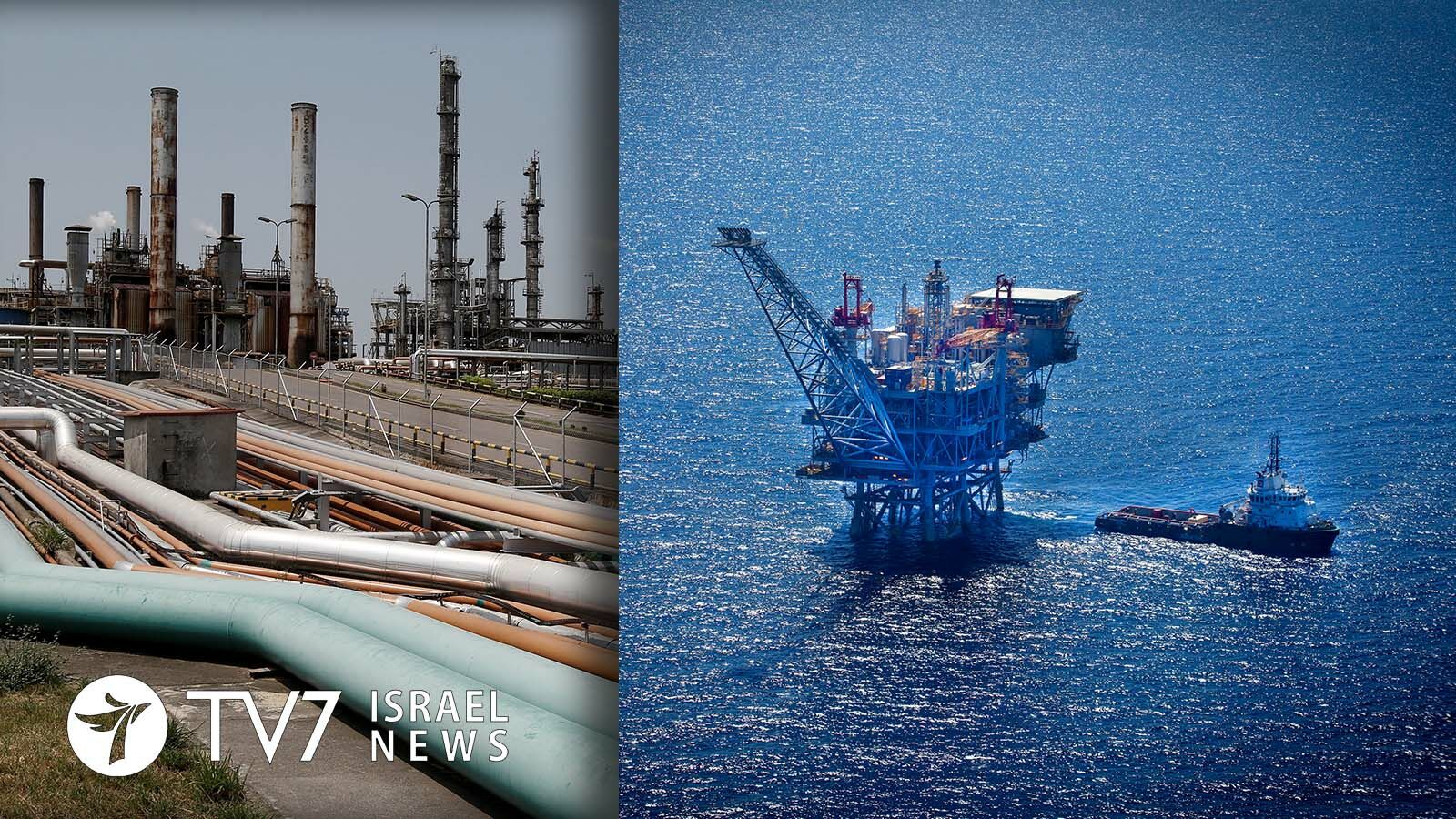Jerusalem is increasing offshore natural gas output to provide an alternative source to assist the continent as it seeks to replace fuel imports from Russia.
By Erin Viner
“The hope is to create a relatively fast working process and already during the summer to reach a framework agreement,” said of Israeli Energy Ministry Director General Lior Schillat.
Russian natural gas makes up about 40% of Europe’s imports, totaling around 155 billion cubic meters (bcm) last year. European governments increasingly seek to curtail ties to Moscow over its 24 February invasion of Ukraine.
Israel currently provides gas from its Mediterranean fields to its own market, as well as to neighboring Egypt and Jordan via a network of pipelines; and is in a position to facilitate European diversification.
The Jewish State is expecting to double production to about 40 billion cubic metres (bcm) in the next few years from about 20 bcm as it further develops current projects and brings new fields online.
“At the beginning it will be small amounts and slowly, as production and delivery capacities rise, (the amounts) will increase,” Director General Schillat said during a recent visit to Israel’s Karish gas reservoir about 90 km offshore slated to become active later this year.
Much of the additional gas is planned to be delivered to European markets.
According to the Energy Ministry official, agreements like the one Israeli is hoping to reach with Europe are generally first negotiated between governments and later finalized by the private sector. He added that Israel could be able to help Europe by 2024, without disclosing which nations or alliances would potentially be involved.
In a report presented by gas consultant Gina Cohen to both Israel’s Foreign Ministry and the European Parliament, Egypt is the fastest route to Europe and a a floating liquefied natural gas (FLNG) facility would offer independence from any transit country; although a direct pipeline would provide the cheapest end-consumer price but take longer to build.
“Israel must act as quickly as possible as the window to sign contracts and become a significant gas supplier to Europe will only be opened for a limited time,” Cohen stressed.
Determination of a supply route would necessitate navigation through complex regional politics. One possibility to make deliveries directly to Europe entails construction of an FLNG in Israel. Another potentiality is that liquefaction plants in Egypt could be used to transport the gas north via pipelines that are currently in various planning stages. Additional options involve the proposed EastMed project that would link Israel’s offshore fields to mainland Europe, or via a shorter pipeline to Turkey.
Israel, Cyprus and Greece have already signed a a deal to build an underwater EuroAsia Interconnector power cable to connect their electricity grids and provide back-up power during emergencies.
